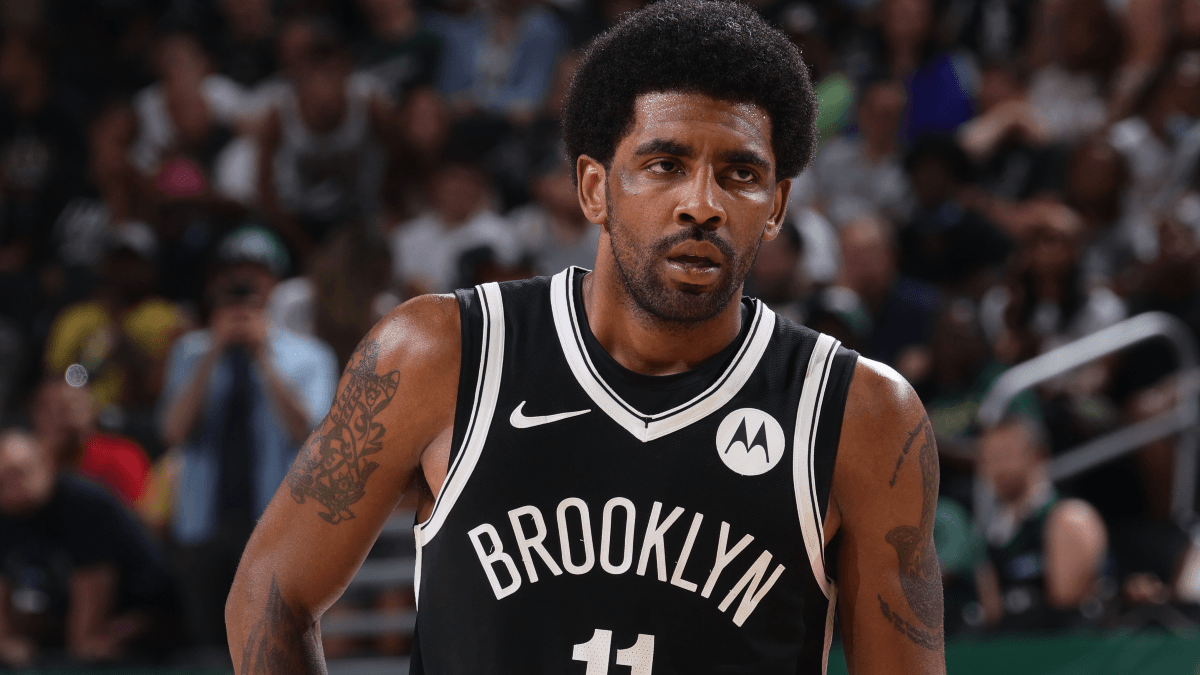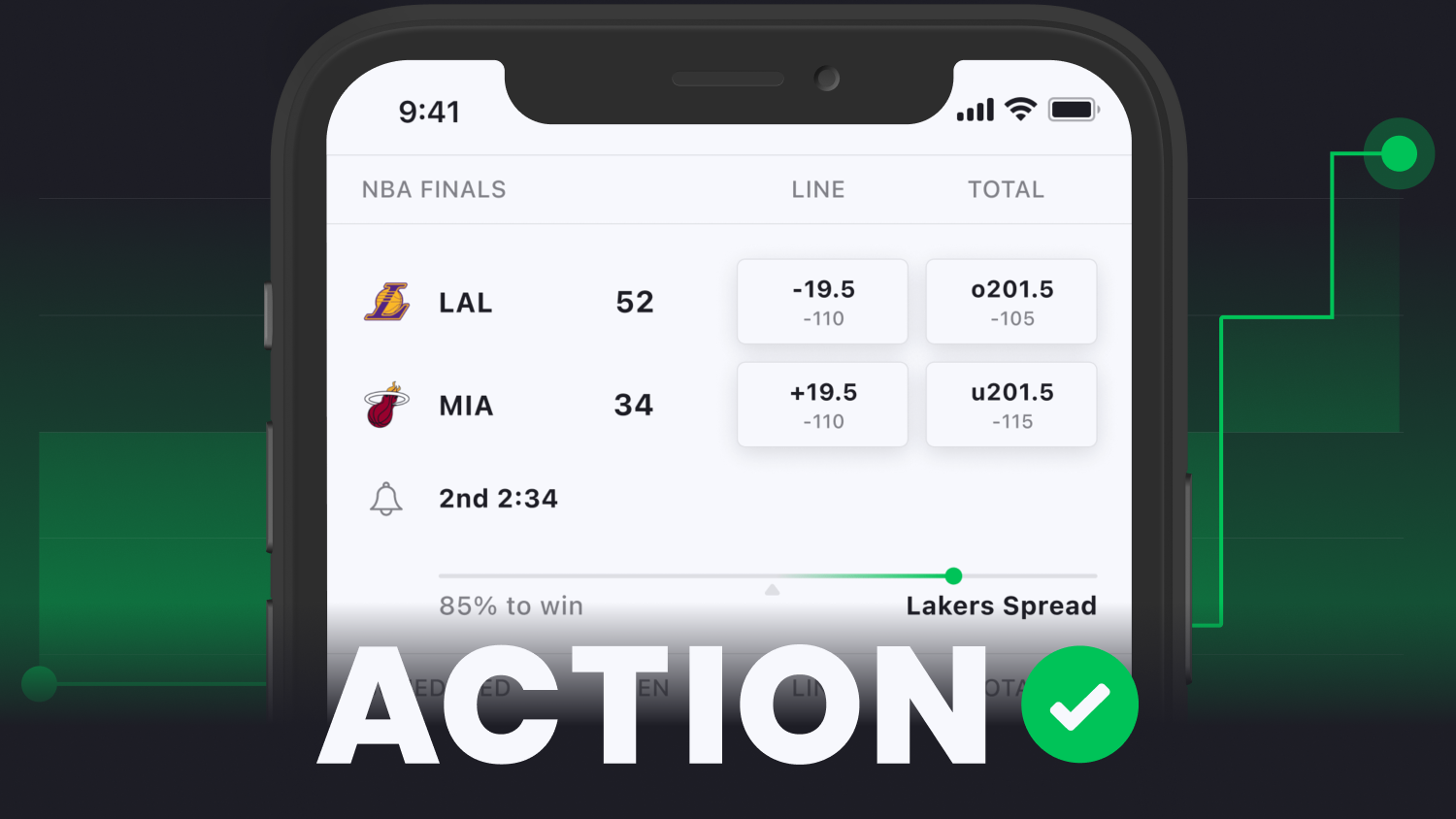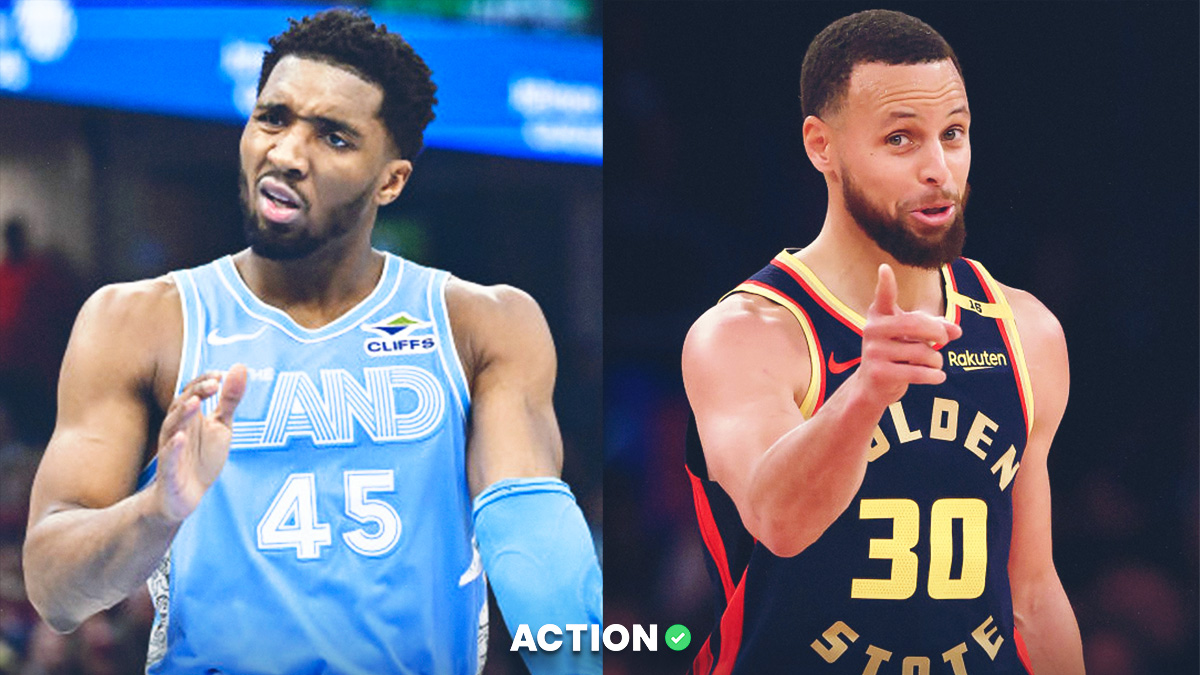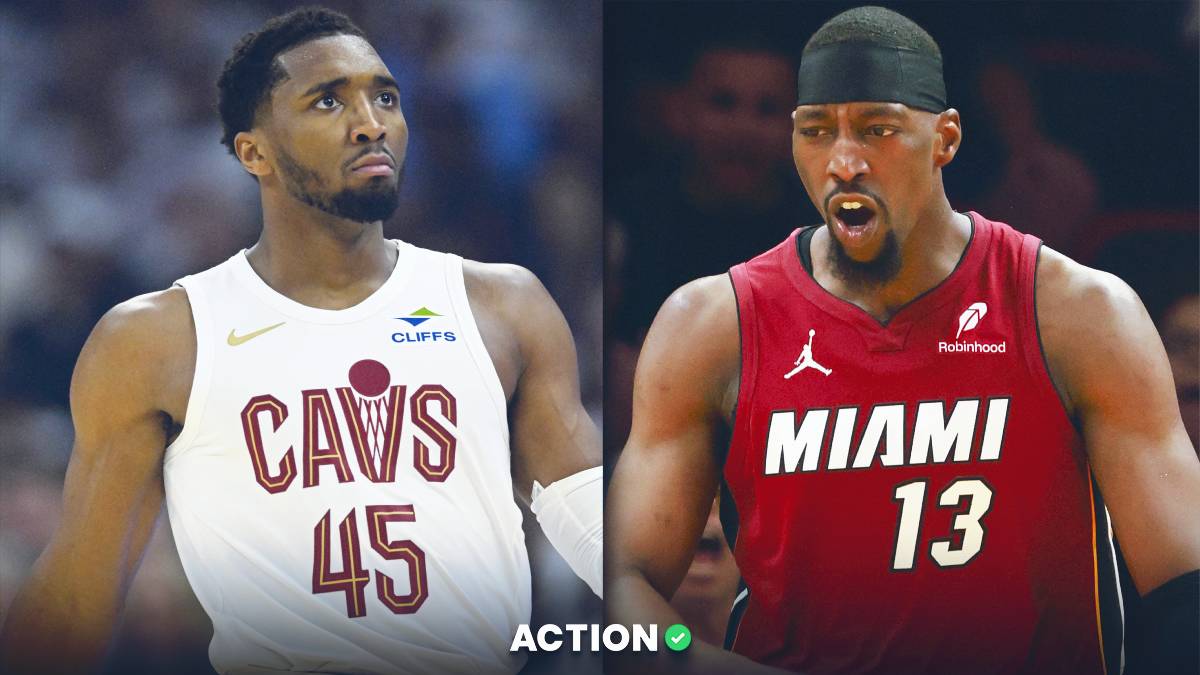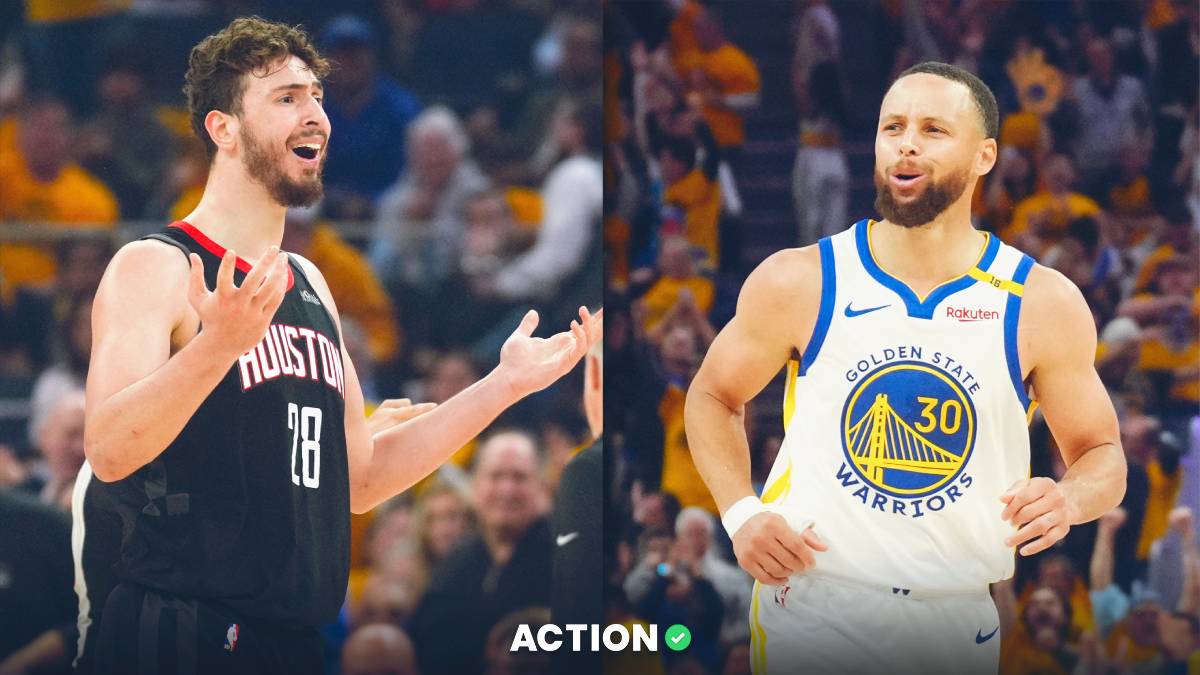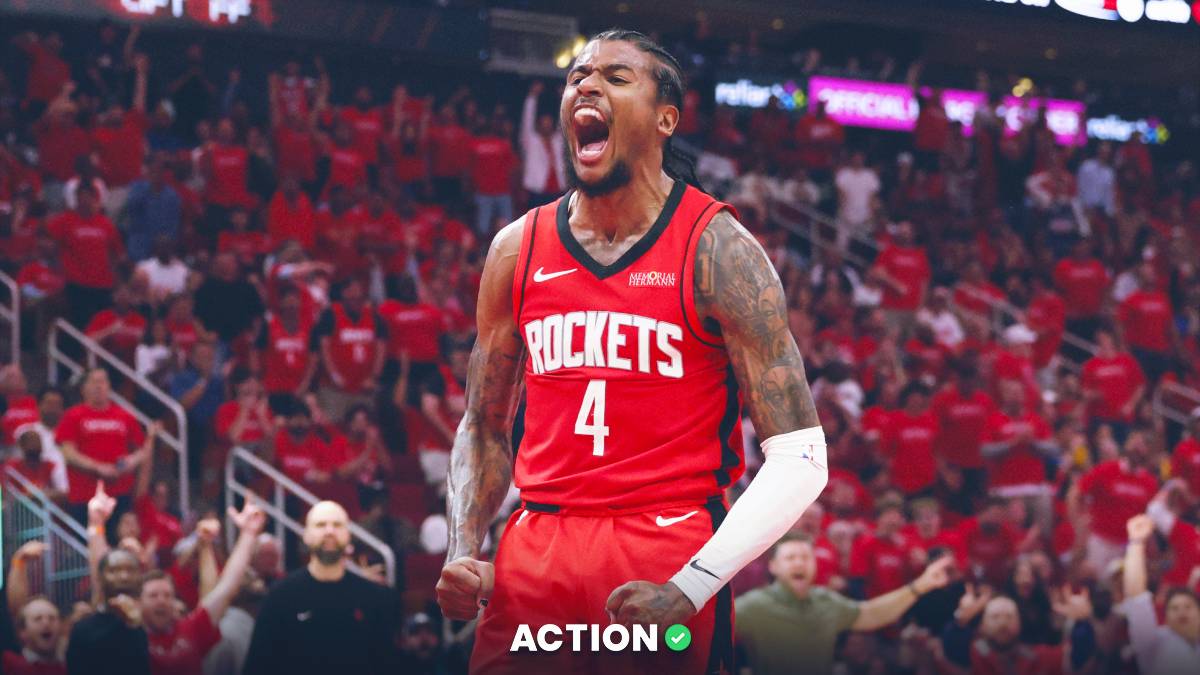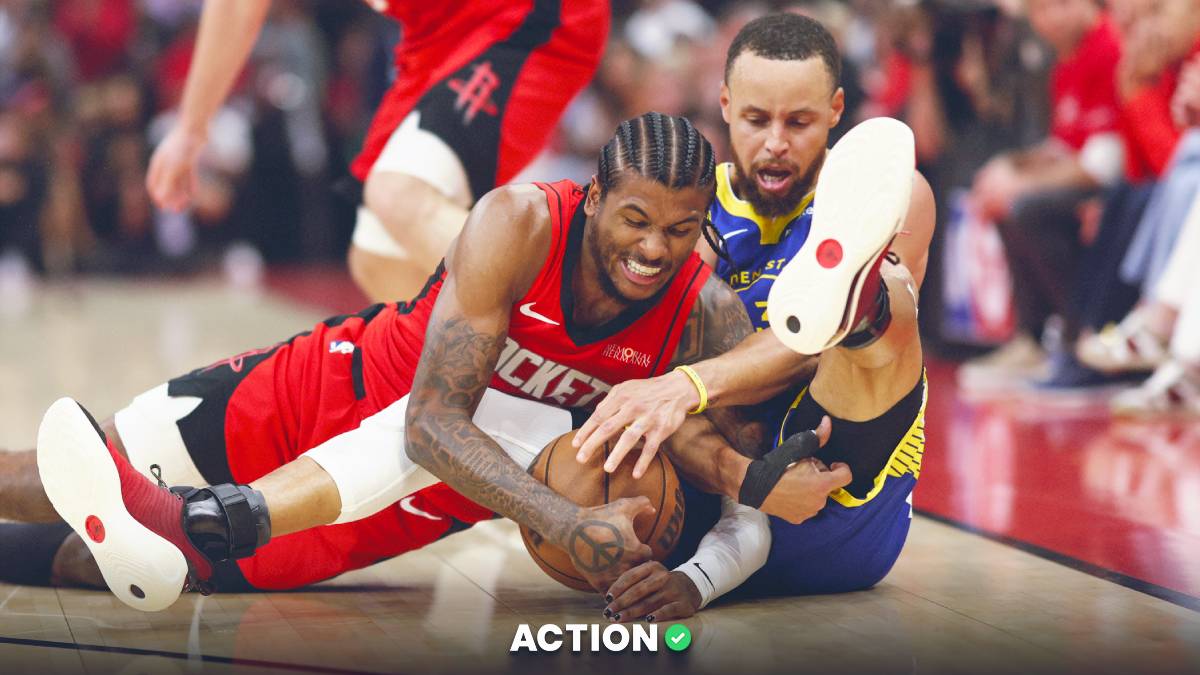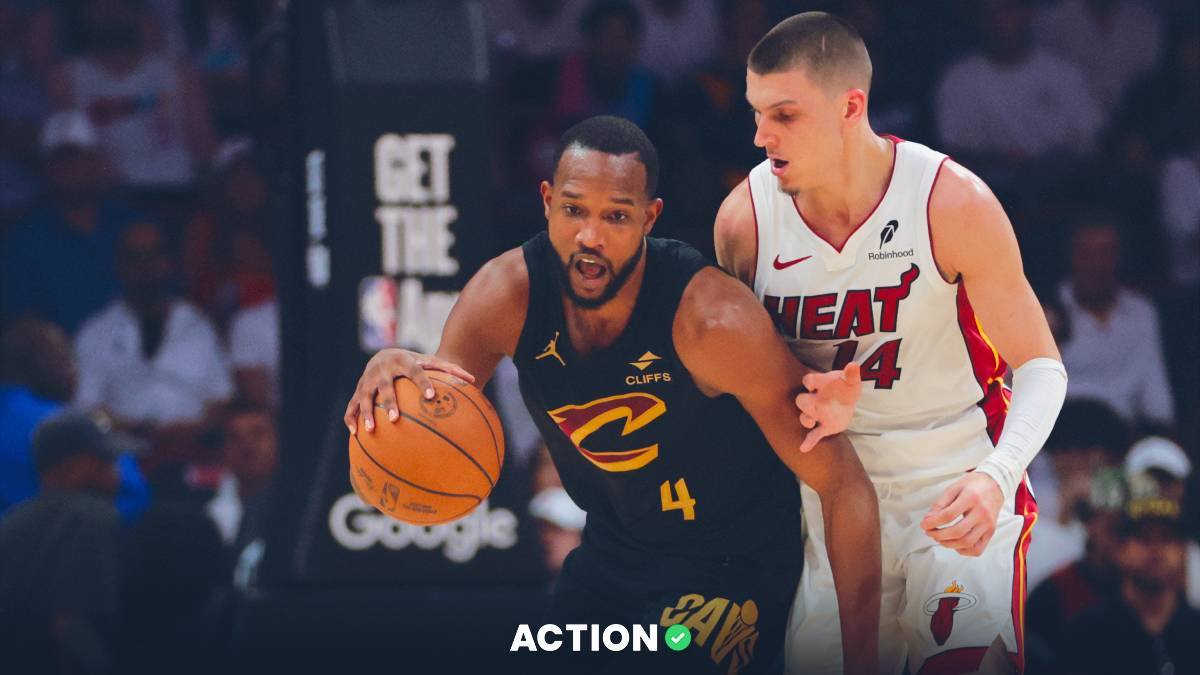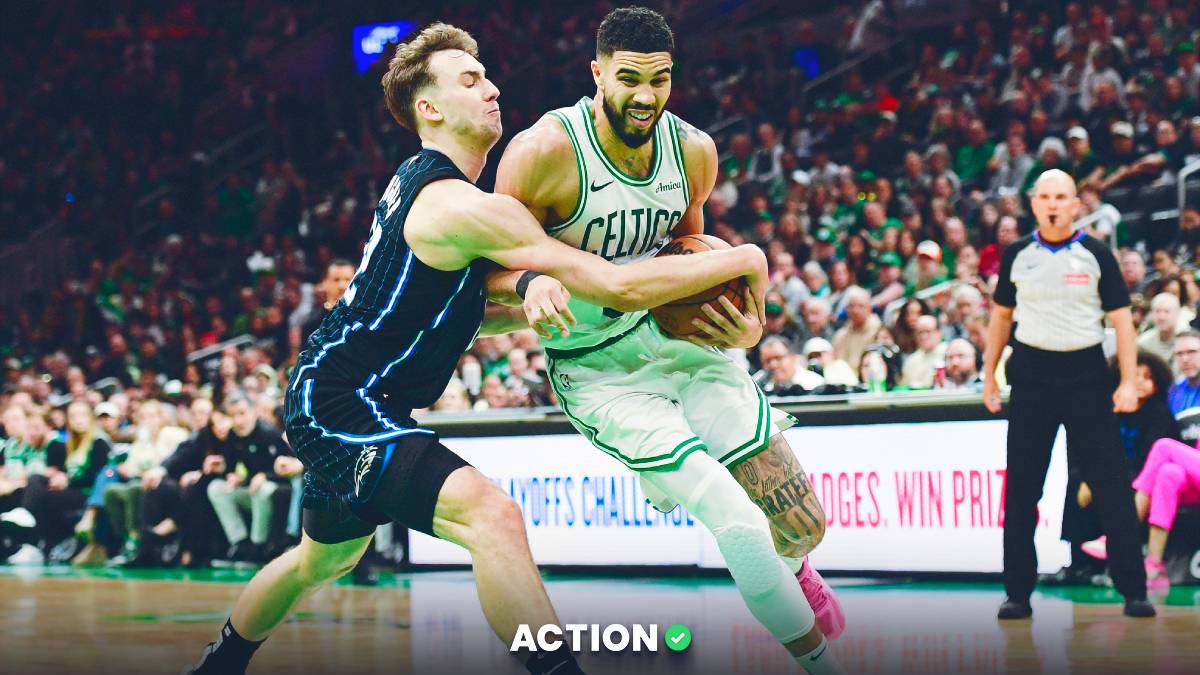Well, Kyrie Irving's back.
Irving returned to the floor last week as a member of the Brooklyn Nets, marking the first time he has played professional basketball since last season.
Irving returns under the most unusual circumstances, unable to play in home games thanks to his decision not to accept the COVID-19 vaccination in accordance with a New York City mandate requiring vaccination for all employees in arenas.
Therefore, Irving made his season debut against the IndianaPacers last week, sat out on Sunday vs. the San Antonio Spurs and then played Monday against the Portland Trail Blazers.
But how, then, do bookmakers cap Irving's impact since he can only play on the road? Here's what the trading desk at PointsBet had to say:
"All of our spreads/totals are made 'bottom up', meaning we have a projected rotation, minutes projections, and ratings for each individual player. We use those minutes projections with our player ratings (effectively just spread value multiplied by the fraction of 48 minutes) to then get to a game spread.
In Kyrie's case, we just have him for 0 minutes for all home games and an appropriate number of minutes for the road games. The tricky part at the moment is figuring out exactly what his road minutes workload will be given the long layoff. We aren't projecting a huge drop-off in actual production, but we expect his minutes to start lower and ramp up progressively."
So, how much is that to the spread? A spokesperson for BetMGM told me that Irving is worth approximately three points to the spread, a value echoed by another bookmaker who chose to remain anonymous.
That value is on the high side of superstar value to the spread, which can range from a point to upward of four or five points for the top-end elite players.
What's interesting is Irving in the context of the Nets.
Irving is a sensational scorer, arguably one of the best individually skilled scoring players of all time. His handle, touch, shot efficiency, shot creation and finishing ability are second to none.
However, Irving's also a net negative on the defensive end given his size and effort level. The Nets have Kevin Durant and James Harden, along with (at full strength) Patty Mills and Joe Harris. Are they really in need of more offense?
On the surface: yes. The Nets rank just 12th in offensive efficiency, adjusted for schedule at DunksAndThrees.com. They've been carried by their defense for the majority of the season, which ranks 11th in adjusted defensive rating.
However, shot-quality indicators via Second Spectrum data that judge the expected efficiency of Nets and their opponents' shots suggest those trends are likely to reverse. The Nets have the fourth-worst differential between their expected eFG% based on shot location, contest level, and shooter quality versus the actual result.
Likewise, the Nets have the No. 1 differential between their expected opponent eFG% (53.48%) and actual (49.78%) this season.
In short, you should expect Brooklyn to get worse defensively and better offensively as the season goes along, regardless of whether Irving had come back or not.
Also interesting is home-court advantage, given its presence in games Irving doesn't play. The Nets have actually been outscored at home, with a -0.7 Net Rating. So in home contests, Irving's absence isn't somewhat adjusted by a perceived home-court advantage, unless a league-wise adjustment is used.
Ultimately, time will tell if this arrangement is tenable for the Nets, to have Irving one night and not the next even if he's healthy. The playoffs become even more complicated, where one bookmaker speculated that if the mandate is still in effect in May, the Nets could be favorites in a series if they don't have homecourt, and be underdogs if they do have homecourt.
These are strange times we live in and this situation reflects it. And it's all par for the course when it comes to the life and times of Kyrie Irving.


